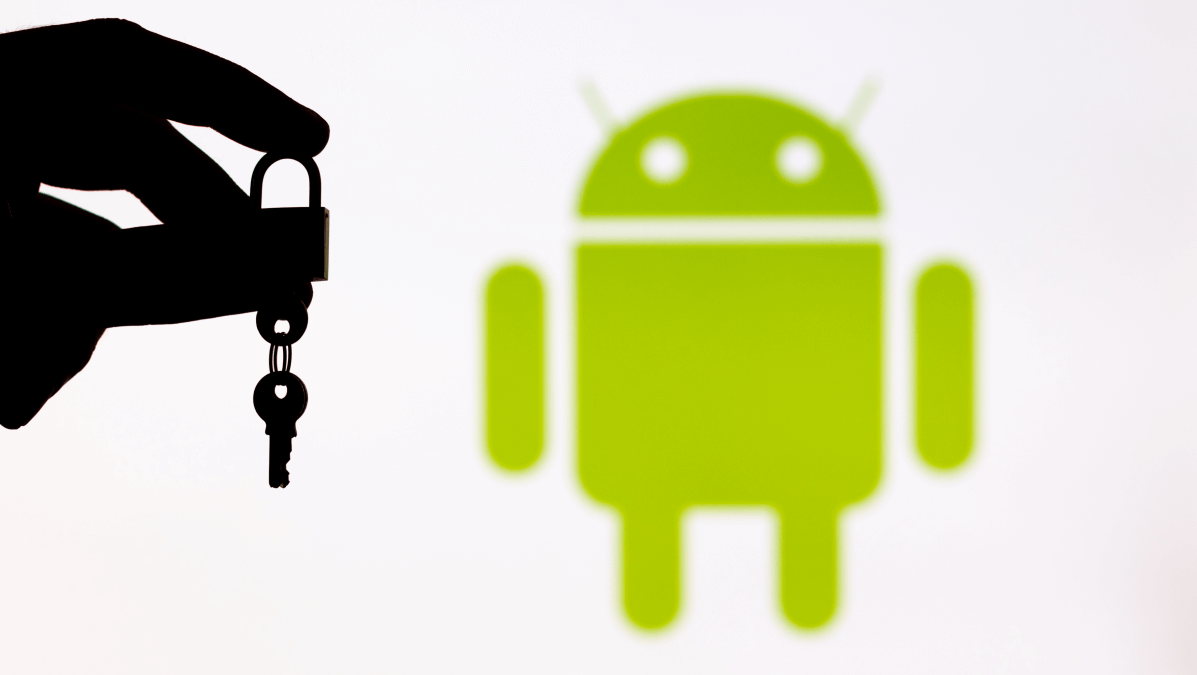leave the forensic work to the law enforcement and above all, do not destroy any evidence beforehand.I would
leave the forensic work to the law enforcement and above all, do not destroy any evidence beforehand.I would
I would check the release history of Firefox, and see which version was released around that date. It's fairly safe to assume that OP had a somewhat older version. Sometimes people skip a few releases before updating, but I don't expect people to keep very good notes on what version they actually used. A 'version older than a specific release' is usually a good assumption.
leave the forensic work to the law enforcement and above all, do not destroy any evidence beforehand.
with a shiny solid 9.0+ CVE you do not need to target a specific os. There are enough bugs that are on all platforms. Furthermore, it is more likely that such a vulnerability can be exploited in FreeBSD because lots of mitigations/sandboxing are tied to Linux technologies we unfortunately do not have.most likely it wasn't a firefox exploit
that's complicated stuff and freebsd is an irelevant desktop os / nobody perfects exploits for this
unless you are very high profile target and then the attacker won't buy videogames
grep firefox /var/log/messages| grep pkgFor sure. What else is left? Maybe your router also.The forensic work will not be done to my PC and phone. Right ?
most likely it wasn't a firefox exploit
that's complicated stuff and freebsd is an irelevant desktop os / nobody perfects exploits for this
unless you are very high profile target and then the attacker won't buy videogames
Kind of like having a decent lock on your door. No, it won't stop a Tomahawk missile (or even an 18th century cannonball, for that matter)
with a shiny solid 9.0+ CVE you do not need to target a specific os. There are enough bugs that are on all platforms. Furthermore, it is more likely that such a vulnerability can be exploited in FreeBSD because lots of mitigations/sandboxing are tied to Linux technologies we unfortunately do not have.
ZioMario have a look at the logs to track when a package was installed, like
grep firefox /var/log/messages| grep pkg

It's good to know that you found it. That's a nasty trick they used. Well done for figuring it out anyway.
Yeah, that is a classic phishing scam, nothing too sophisticated, a surprisingly easy way to collect the keys needed to make actual withdrawals. But even so, congratulations on being persistent enough to find the phishing email!I received a spoofed email that looked like it came from my bank, and I clicked the link.
I frankly think you can relax on that front, now that you found the phishing email. Just relax and make sure your software is up to date. A fresh reinstall (or at least clearing the browser cache) won't hurt.But is FreeBSD and or Android and or Firefox also compromised ? What's the next piece of the puzzle that has been compromised and that I should reset ?
I'm running my own mail server and I'm using mail/mutt as MUA. This way I can verify if the e-mail comes from the right sender and I can't click to fast on any HTML link by mistake. The header fields SPF, DKIM, DMARC are displayed in color to verify the compliance. If all is OK I can then open the HTML content in my browser if I want to.The case has been solved just right now. I found the smoking gun. I received a spoofed email that looked like it came from my bank, and I clicked the link.
You can easily verify the URL by hand in a text editor or by verifying that the URL matches the link text. No need for anything complicated.I'm running my own mail server and I'm using mail/mutt as MUA. This way I can verify if the e-mail comes from the right sender and I can't click to fast on any HTML link by mistake. The header fields SPF, DKIM, DMARC are displayed in color to verify the compliance. If all is OK I can then open the HTML content in my browser if I want to.
View attachment 23939
I think you won't get a refund from the bank. The bank did nothing wrong.
You should sue the thief and get the money back via court.
Good luck, though.
